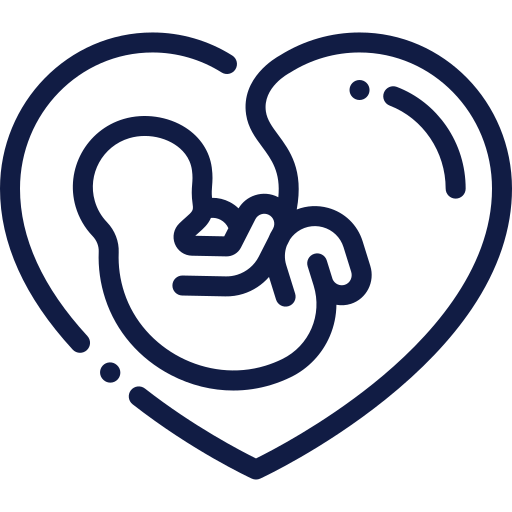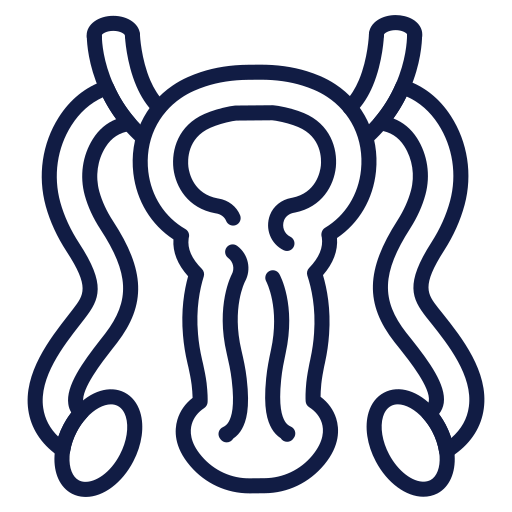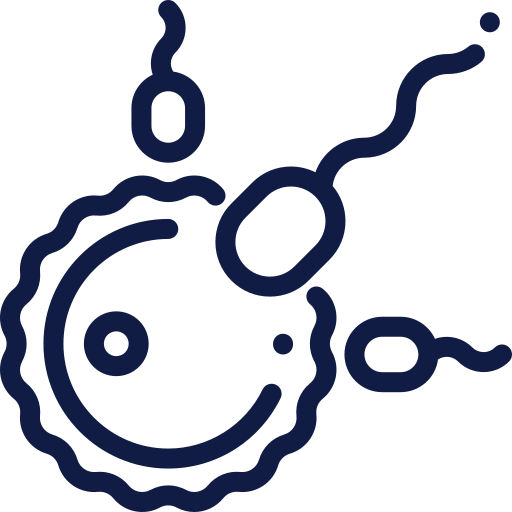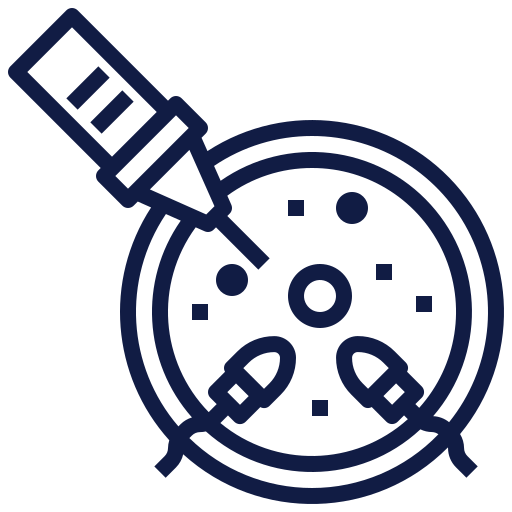Fertility & Chinese Medicine
Chinese Medicine has always addressed gynecological problems. Since the 1950’s, we have increasingly seen it combined with Western Medicine.
My blog contains many articles about TCM and Fertility. For the most up-to-date information on Chinese Medicine and Fertility, please visit my blog page and search under that topic.
Fertility and Chinese Medicine Benefits

Regulates Hormones and Menstrual Cycles
Acupuncture and herbal medicine are powerful tools for restoring hormonal balance. By stimulating specific points and using targeted herbal formulas, we can help regulate the hypothalamic-pituitary-ovarian axis. This promotes regular ovulation, improves the length and quality of your menstrual cycle, and can be beneficial for conditions like PCOS and endometriosis, creating a more predictable and fertile foundation.

Improves Blood Flow to Reproductive Organs
Proper blood flow is crucial for nourishing the uterine lining and developing healthy eggs and sperm. Acupuncture has been shown to increase circulation to the uterus and ovaries, which can lead to a thicker, more receptive endometrium for implantation. For men, improved circulation in the pelvic region can contribute to healthier sperm parameters.

Reduces Stress and Calms the Mind
The journey to conception can be stressful, which negatively impacts hormones and fertility. Acupuncture is proven to calm the nervous system, lower cortisol levels, and increase feelings of well-being. By shifting your body from a “fight-or-flight” state to a “rest-and-digest” mode, we help create a more peaceful and receptive state for conception to occur.

Enhances IVF and IUI Success Rates
Used alongside Assisted Reproductive Technologies (ART) like IVF and IUI, Chinese medicine can offer significant support. Studies and clinical experience show that acupuncture before and after embryo transfer may increase success rates. It helps by improving uterine receptivity, reducing stress, and minimizing medication side effects, complementing and enhancing modern fertility treatments.
Your Questions Answered
Here are some of the most commonly asked questions and answers.
When should I start treatment?
Ideally, it’s best to start treatment about three months before you plan to conceive to help regulate your system and support egg and sperm quality.
Is it safe to use with IVF?
Yes, it is very safe. Acupuncture is often recommended alongside IVF to help improve outcomes and manage the stress of the process.
For reliable information on complementary health approaches, including acupuncture for fertility, the Cleveland Clinic offers an evidence-based perspective from a leading academic medical center.
How often will I need treatment?
Typically, treatments are twice a week, but your practitioner will create a personalized plan based on your specific needs and menstrual cycle phase.
Client Testimonials
Discover how clients have transformed their well-being through the power of acupuncture and the personalized care, as they share their inspiring journeys towards health and balance.

